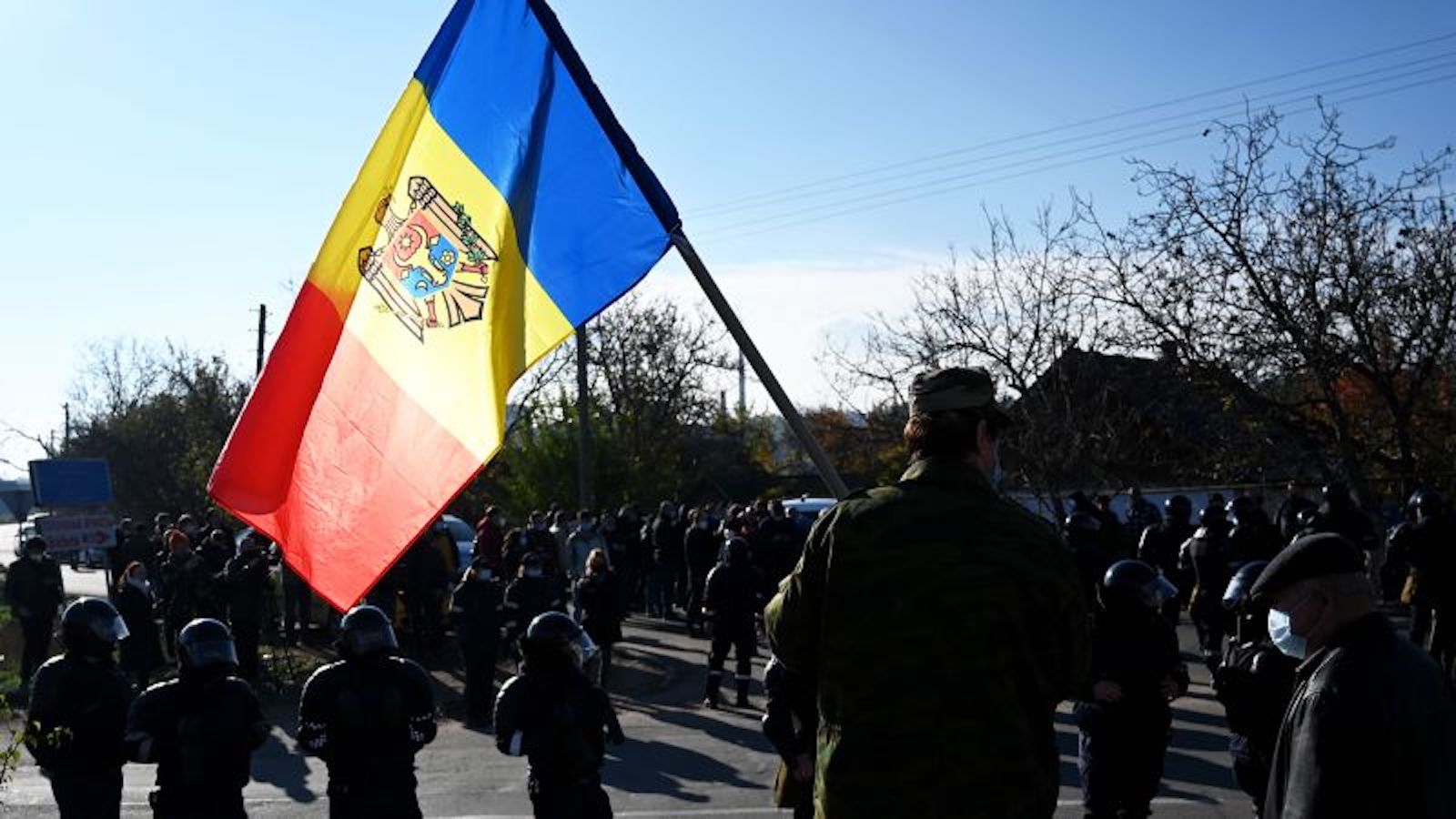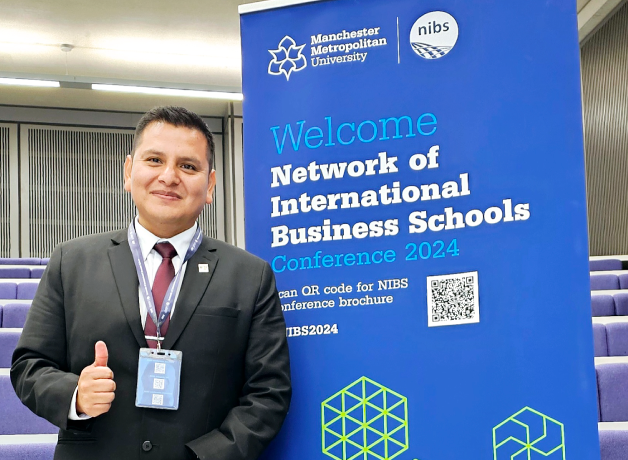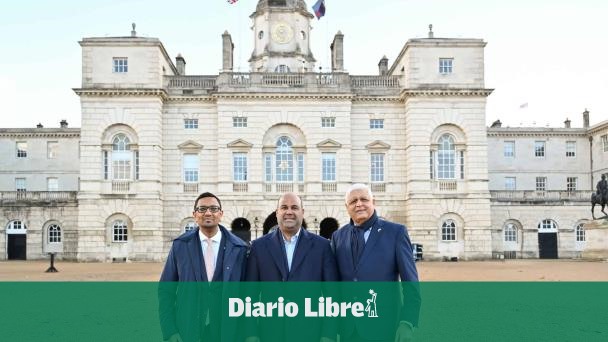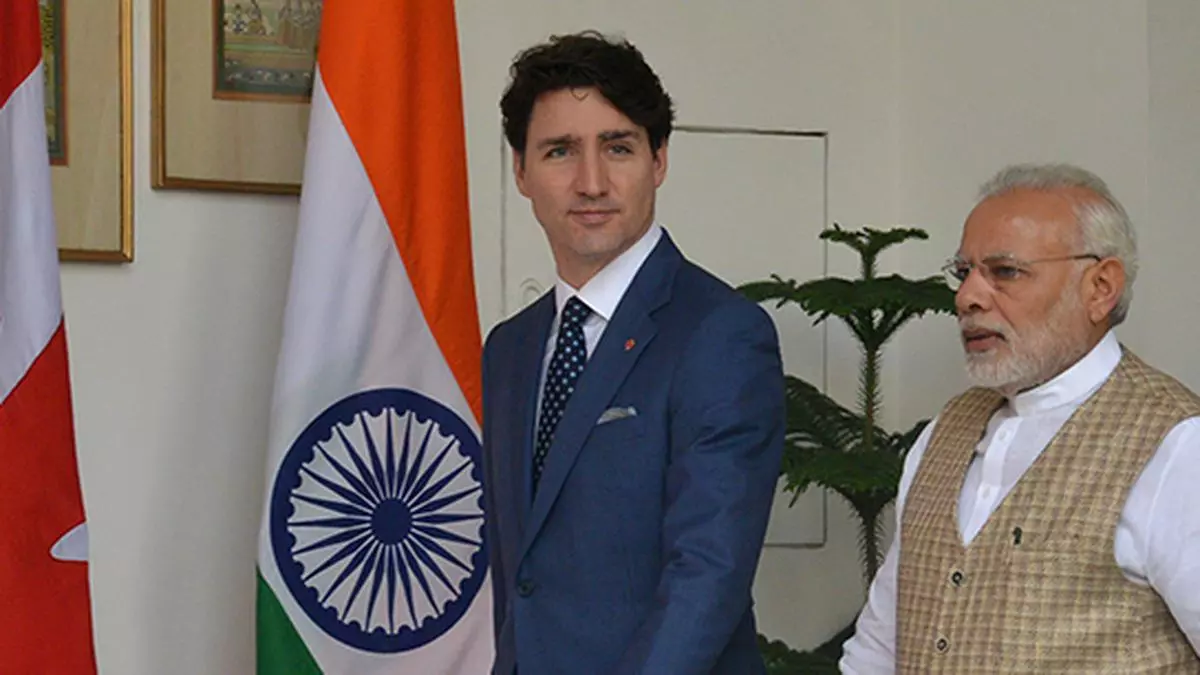(CNN) — A secret plan drawn up by Russia’s security service, the FSB, laid out detailed options for destabilizing Moldova, including supporting pro-Russian groups, using the Orthodox Church and threatening to cut natural gas supplies.
The document appears to have been created to thwart Moldova’s inclination toward the West, which included closer ties with NATO and requests to join the European Union. He repeatedly referred to the importance of preventing Moldova from joining NATO.
The plan was first obtained and reported on by a consortium of media, including VSquare and Frontstory, RISE Moldova, Expressen in Sweden, Dossier Center for Investigative Journalism, Yahoo News, and Delfi.
CNN saw the full document, which appears to have been written in 2021 by the FSB’s Directorate for Transboundary Cooperation. Its title is “Strategic Objectives of the Russian Federation in the Republic of Moldova”.
The document sets out a 10-year strategy to bring Moldova, a former Soviet republic located between Ukraine and Romania, into Russia’s sphere of influence.
The plan included making Moldova dependent on imports of Russian gas and provoking social unrest, as well as trying to block Moldova’s attempts to gain influence in the pro-Russian region of Transnistria, where some 1,500 Russian troops are stationed.
This five-page document is divided into several headings with short, medium and long term objectives. Among its immediate goals are “support for Moldovan political forces advocating constructive relations with the Russian Federation” and “neutralization of the Republic of Moldova initiative aimed at eliminating Russia’s military presence in Transnistria.”
The mid-term goals include “opposing Romania’s expansionist policies in the Republic of Moldova” and “opposing cooperation between the Republic of Moldova and NATO”.
The FSB document sets out long-term goals that include “the creation of a stable pro-Russian influence group in the Moldovan political and economic elite” and “the formation of a negative attitude towards NATO”.
When asked about the document on Thursday, Kremlin spokesman Dmitry Peskov said: “We are not aware of any such plans. I do not rule out that this is something else. false. Russia has always been and remains open to building good neighborly and mutually beneficial relations, including with Moldova.”
Peskov added: “We deeply regret that the current Moldovan leadership is experiencing completely unjustified and unfounded prejudice against Moscow.”
Russia-Moldova relations
Russia accuses Ukraine of planning to invade and seize Transnistria, which borders southwestern Ukraine. Russia’s Defense Ministry said last month that Ukraine was stockpiling weapons in several border villages. Moldova and Ukraine have rejected the claim.
Last month, Russian President Vladimir Putin annulled a 2012 decree upholding Moldova’s sovereignty, saying the move was to “guarantee Russia’s national interests in light of the profound changes taking place in international relations”.
In recent weeks, Moldovan authorities have arrested several suspected pro-Russian activists, as well as suspected members of the private Wagner military company trying to enter the country.
There have also been several protests organized by pro-Russian parties in the capital Chisinau.
Ukraine and the United States have warned about Russian attempts to undermine the Moldovan government. Last Friday, the White House said that “Russian actors, some with current ties to Russian intelligence, are seeking to organize and use the protests in Moldova as a basis for fomenting a phony rebellion against the Moldovan government.”
Western intelligence officials say the Russian strategy itself is not surprising, but may have accelerated as the Moldovan government stepped up efforts to cooperate more closely with the United States and European countries.
Moldova’s current president, Maia Sandu, succeeded Kremlin-closer Igor Dodon in late 2020. The pro-Western PAS party won parliamentary elections the following year.
The pro-Russia Shor party has organized weekly rallies this year in the capital Chisinau, attracting several thousand people to protest high energy prices. The party has arranged transportation for the attendees.
The party is led by Ilan Shor, a businessman with ties to Russia who was accused of stealing billions of dollars from Moldovan banks in 2014. He was later convicted of fraud but has denied any wrongdoing.
The US Treasury Department sanctioned Shor, his wife and his party in October 2022, saying that “Shor is working with individual Russians to create a political alliance to control the Moldovan parliament, which will then endorse various laws in the interests of the Russian Federation.”
Shor is currently believed to be in Israel.
Moldova and West
The United States has promised budget support to the Moldovan government to help it cope with high energy prices. Gas rates have skyrocketed over the past year as a result of the conflict in Ukraine.
British Foreign Secretary James Cleverly was in Chisinau on Thursday. He said: “Few peoples understand the covert tactics of Russia’s nefarious activities more than Moldova and Georgia,” adding that “Britain will not stand idly by when Moscow boldly undermines its democracy, sovereignty and territorial integrity.”
Shrewdly announced more financial support for Moldova to deal with high energy prices.
One of Shor’s leaders, Marina Tauber, told CNN’s Swedish affiliate Expressen that the party is demanding the government cover people’s energy bills during the winter months. He denied that Russia helped organize or finance the protests.
Expressen reporter Mattias Carlsson, who is in Chisinau, told CNN that the most recent protest organized by Shor on Friday last week had led to several arrests. Among the media attending the event, he said, were reporters for Russian state media Sputnik.
Russian officials frequently stress the importance of the Moscow-friendly government of Moldova, as well as the importance of the Transnistria region.
Shortly after Russia’s invasion of Ukraine in February last year, the then commander of Russia’s Central Military Region, Major General Rustam Minnekaev, said that one of the goals of the so-called “special military operation” was to establish a corridor from southern Ukraine. to the Transnistria region.
— The associations that originally reported on the document also include Süddeutsche Zeitung, Westdeutscher Rundfunk (WDR), Norddeutscher Rundfunk (NDR); Frontstory and Kyiv Independent.

“Entrepreneur. Internet fanatic. Certified zombie scholar. Friendly troublemaker. Bacon expert.”






